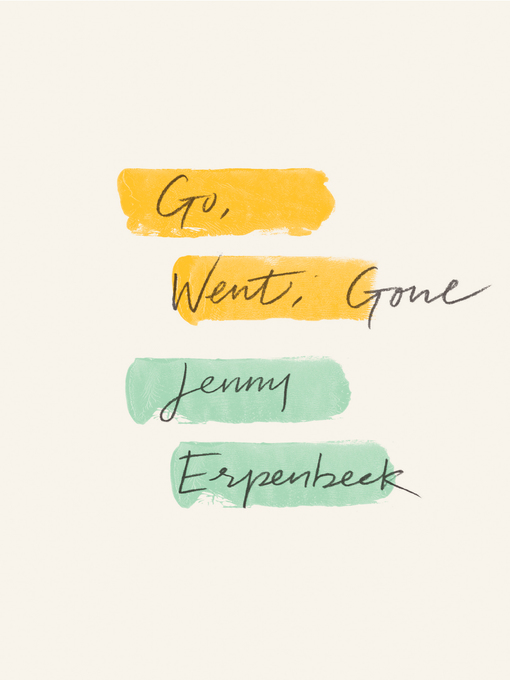New York Times Notable Book 2018; Foreign Affairs Best Book of 2018; Lois Roth Award Winner
An unforgettable German bestseller about the European refugee crisis: "Erpenbeck will get under your skin" (Washington Post Book World)
Go, Went, Gone is the masterful new novel by the acclaimed German writer Jenny Erpenbeck, "one of the most significant German-language novelists of her generation" (The Millions). The novel tells the tale of Richard, a retired classics professor who lives in Berlin. His wife has died, and he lives a routine existence until one day he spies some African refugees staging a hunger strike in Alexanderplatz. Curiosity turns to compassion and an inner transformation, as he visits their shelter, interviews them, and becomes embroiled in their harrowing fates. Go, Went, Gone is a scathing indictment of Western policy toward the European refugee crisis, but also a touching portrait of a man who finds he has more in common with the Africans than he realizes. Exquisitely translated by Susan Bernofsky, Go, Went, Gone addresses one of the most pivotal issues of our time, facing it head-on in a voice that is both nostalgic and frightening.

